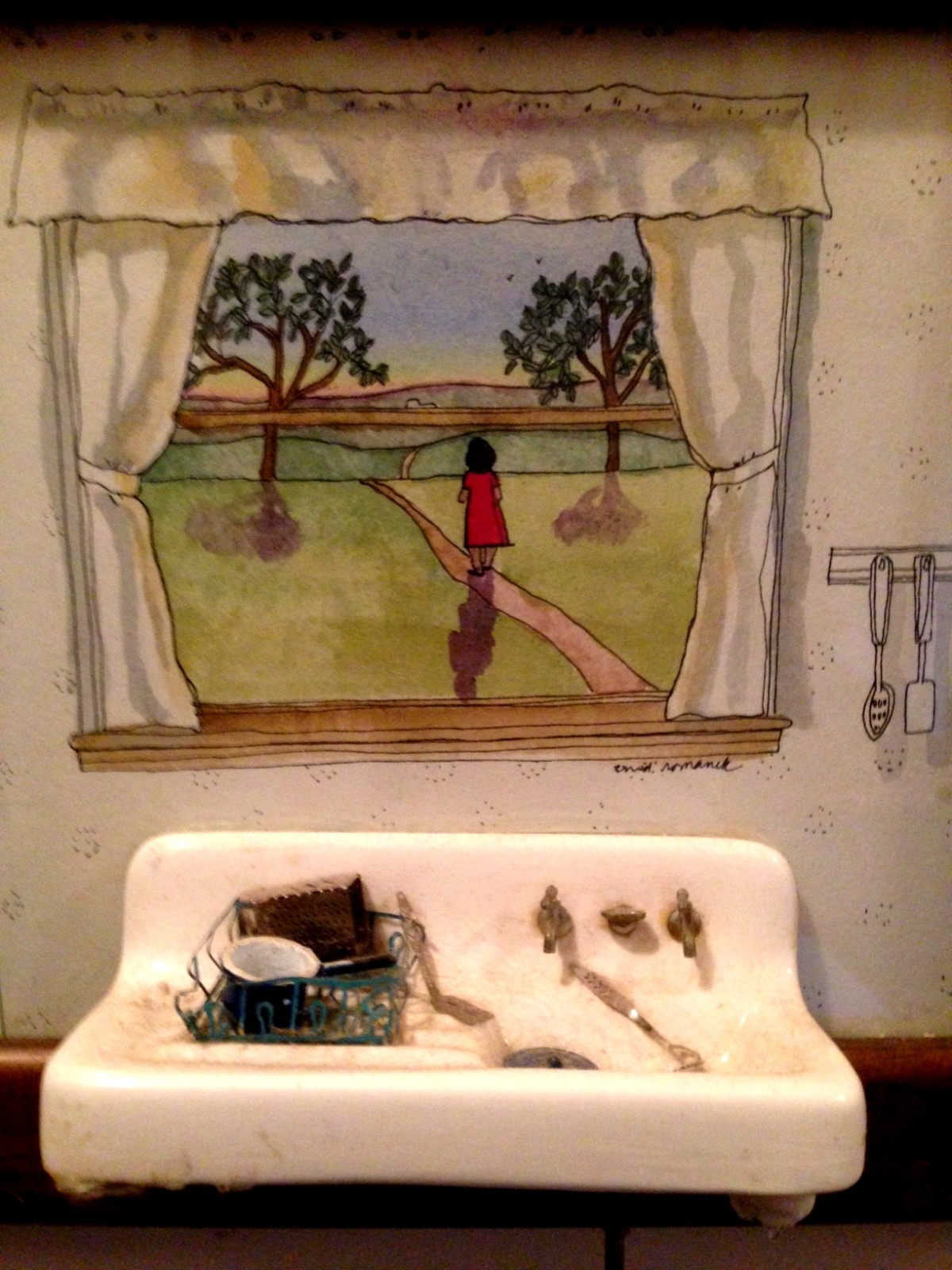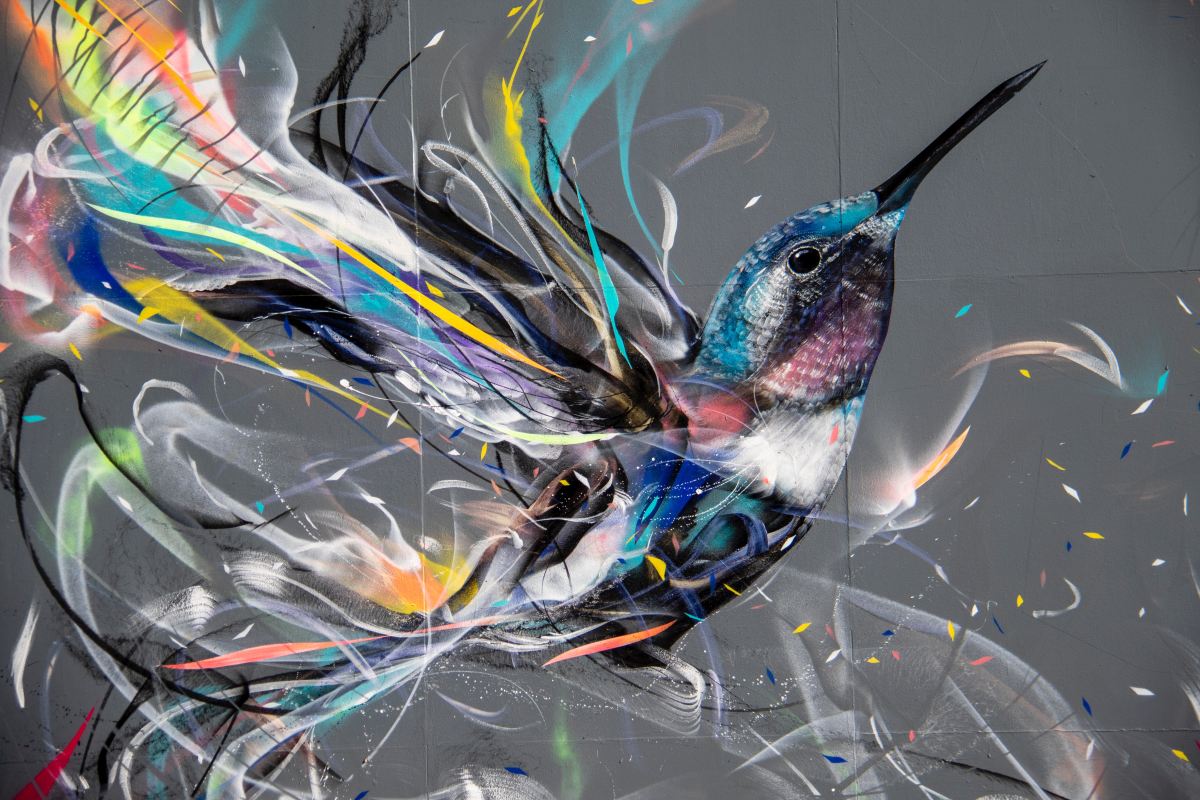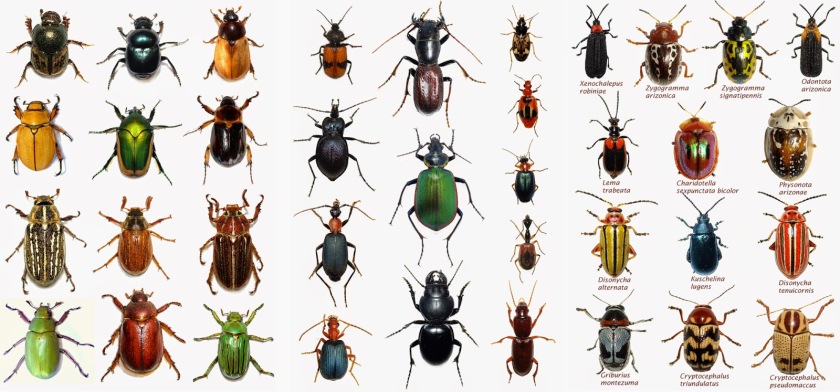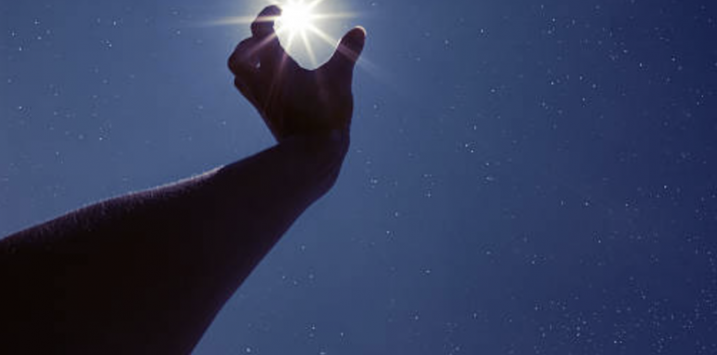You’ve probably heard some version of the story of the father who left the house one night to buy cigarettes and never came back.
Most would call him a ‘douche,’ and would be right, in some cases. But what about the others? What compels them to walk away?
You cannot tell me you’ve never felt the impulse. Late at night, perhaps, after a hard day, looking out the window by a sink full of dirty dishes and glasses trying to catch your breath, wondering if there is not more to life, and longing to leave everything behind to find out.
This unease led Siddhārtha Gautama to leave the comforts of his father’s palace, his wife Yaśodharā and newborn son Rāhula toward a spiritual journey to discover the causes and remedies for human suffering.
Call the Buddha an enlightened deadbeat, if you must.
The world would not have Paul Gauguin’s exquisite painting ‘Orana Maria’ had he chosen to remain by his family’s side in Copenhagen, making no money selling French tarpaulins to a Danish market who did not want his tarpaulins instead of risking everything to travel alone to Tahiti in search of a new vision in art.
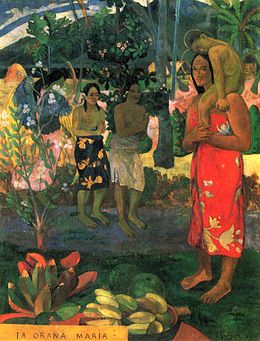
On the same year and country my father was born, George Dibbern left his wife and three daughters and sailed his 32-foot ketch ‘Te Rapunga’ toward New Zealand to reunite with his Maori spiritual Mother.
The world was marching toward a second world carnage. Unemployment in Germany had reached four million. Suicides were a daily occurrence. Idle and in despair, the citizens of the Weimar Republic of the 1930s were besieged by a dizzying number of political parties spouting their competing ideologies, each claiming to have the answer to their predicament.
In the middle of this maelstrom stood George Dibbern, unable to subscribe to any of them.
‘Te Rapunga’ means longing, or seeking, and is referenced in the third step of the Maori creation myth — the predawn moment of anticipation.
While still in Germany, Dibbern tried to make ends meet by operating a shipyard with his cousin. But the business was failing. To raise money, he twice sold the ‘Te Rapunga’ only to have it returned to him when the buyers could not come up with the cash to pay him.
Think about it: Dibbern tried twice to rid himself of his longing but it kept coming back. Having twice denied mine, every time I think of this part of his story, I recall this poem by the Greek Constantine Cavafy:
“Like the beautiful bodies of those who died before they had aged,
sadly shut away in a sumptuous mausoleum,
roses by the head, jasmine at the feet —
so appear the longings that have passed
without being satisfied, not one of them granted
a night of sensual pleasure, or one of its radiant mornings.”
The shipyard business failed and Dibbern had no other choice but join a rock-breaking crew. At the end of his rope, he considered:
At present, I can no longer be a member of one nation, only a member of a larger group — humanity. I cannot grow roots here; I think so differently from everyone else. I am not meant to be what I am now. What is the good of adapting myself ninety-nine times.
What’s madness but nobility of soul at odds with circumstance? — Theodore Roethke
One night, back from his back-breaking job, George entered the kitchen, looked at his wife, and asked: “What would you do if I were dead?”
Faced with her stupefaction — quickly morphing into rage and despair — George tried to clarify what he meant: how he already felt dead, but dead in life.
A few weeks later, he set sail.
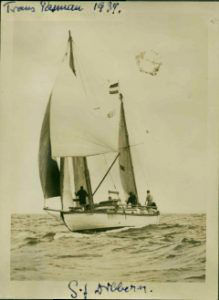
Writer Henry Miller said this about Dibbern:
“He takes the path in order to become the path. Some might think that George was unadaptable, a man unfit for human society. This is not true. If anything, it is society which is unfit to accommodate itself to a man like Dibbern. It is the purity and integrity of men like Dibbern which make it difficult for them to fit in our world. Living his own life in his own way, Dibbern makes us realize how much life can be enjoyed even on the fringe of society. It is not his ideal; he is striving desperately to participate, to be at one with his fellow man, but on the best terms, i.e., on the terms of his own best self. Nor did he wait to lead the ideal existence until some mythical day in the future. He lived the ideal life right then — as much as he dared and could. And that is the difference between a rebel and a man of spirit.”
As Dibbern was saying goodbye to his three young daughters, he thought:
Perhaps it is more important that, someday, I may be an understanding comrade to my children than be a provider now.
Pretty gracious, if you ask me.
For of what use is it to children to see their father return from work with a lifeless look in his eyes as he contemplates all his denied longings pustulating like unstitched wounds? To hear him vilify his boss, ridicule his co-workers, recount the office skullduggery, complain about the long hours and the commute, or fret about the bills as he finishes his third glass of wine while mindlessly thumbing his cellphone.
Many fathers exact on the hides and hearts of their children the ire of their frustrations, the thunderbolts of their distress, the suffocating anguish of their dispassionate marriages, the festering anger of their unfulfilled desires, and the dull ache of their tedious, apathetic existence.
No surprise most children fear growing up, or rebel against their elders.
In that wretched state, what wisdom can a father impart if he hasn’t taken the time to grapple with the thorniest questions of existence, or the courage to journey through the dark and malodorous corridors of his psyche until coming to terms with the angel in himself and the devil in himself, or the humility to challenge all the mythologies he has half-wittingly accepted as truth? In that state, it would be more benevolent if he met each of his children’s questions with: “I don’t know,” rather than playing God twenty-four hours a day.
Soon after sailing, believing a flag represented one’s beliefs and principles, George Dibbern refused to fly the obligatory Nazi flag with the swastika and raised one of his own design. He later rejected his German passport and created his own with the following declaration:
“I, George Dibbern, through long years in different countries and sincere friendship with many people in many lands, feel my place to be outside of nationality, a citizen of the world and a friend of all peoples. I recognize the divine origin of all nations and therefore their value in being as they are, respect their laws, and feel my existence solely as a bridge of good fellowship between them. This is why, on my own ship, I fly my own flag, why I have my own passport and so place myself, without other protection, under the goodwill of the world.”
Here’s the thing about walking away, though. If it serves no other purpose than to run away from responsibility, it is as pointless and futile as taking a vacation to “recharge.”
All successful escape artists have one life saving trick: they know all about their chains.
Most of us don’t.
That’s the reason our escapes are fleeting.
So very few ever think of taking leave that they too might enjoy the fruits of paradise. Almost invariably they’ll confess that they lack the courage or imagination. “Too late” he probably murmurs to himself. How illustrative, this attitude, of the woeful resignation men and women succumb to! What stays him, usually, is the fear of the sacrifices involved. Even to relinquish his chains seems like a sacrifice. — Henry Miller
Walking away (from work, the rat-race, the place you live, your relationship, etc.) is meaningless unless you arrive at a new orientation to life. Otherwise, it’s just like any other vacation, for which, under your shorts, Tommy Bahama shirts, flip-flops, sunscreen and hat, you fold and pack your same old prejudices, addictions, illusions, self-delusions, fears, insecurities, vanities, and hungers, and then, upon returning, you realize you never took the time to unpack, air-out, inspect, and transform all that junk, so when you pop open your suitcase it all comes flying back out again, back into your closet, there to continue haunting you until your next escape.
I know this well, having attempted it a few times with disastrous consequences.
But the latter, during which you reorient yourself to life, that is a spiritual journey, which begins when you doubt the conventions and deals of the mundane world and walk towards an unknown destination — like Buddha to the Bodhi Tree, Gauguin to Tahiti, and Dibbern to the open sea. The real escapist, you see, is the man who adapts himself to a world he does not subscribe to. It is no measure of health to be well adjusted to a profoundly sick society, said Krishnamurti.
And it is not just doubting societal conventions but realizing how many you’ve half-wittingly adopted as your own. What’s essential is to examine each shiny trinket you have received as part of your initiation into the modern world, and above all, to discover what treasure you’re giving up in exchange. Your entire life?
For what profits a man if he gains the whole world but loses his soul — Jesus
A prison break is no easy matter; you must first know all about your prison. A new world is not simply made by trying to forget the old, Henry Miller proclaimed, but made with a new spirit, with new values. Contrary to what many believe, it doesn’t require you to go anywhere. In fact, it’s often the case that a “change in scenery” only creates further distractions that will lead you astray.
The real voyage of discovery consists not in seeking new landscapes, but in having new eyes, said writer Marcel Proust, and it’s one that is yours alone to undertake.
“It cannot be undertaken other than by ourselves,” said famed mythologist Joseph Campbell. “In the story of the Arthurian knights, each set out in search of the Grail (a spiritual, rather than a material goal) by ‘entering the forest at its darkest part,’ that is, at the place where no one has cut a path before.”
Most never break free, leaving it up to the next generation, as Rainer Maria Rilke poignantly rendered in this poem :
“Sometimes a man stands up during supper
and walks outdoors, and keeps on walking,
because of a church that stands somewhere in the East.
And his children say blessings on him as if he were dead.
And another man, who remains inside his own house,
stays there, inside the dishes and in the glasses,
so that his children have to go far out into the world
toward that same church, which he forgot.”
Buddha showed us a path away from suffering.
Gauguin gave us the Orana Maria.
Dibbern left us a chronicle of his spiritual journey in his book ‘Quest.’
If you are to remain “inside the dishes and in the glasses,” unable or unwilling to break free, the next time you hear a story of a man who did, think twice before you judge him, for he may one day return with a gift for you and the rest of humankind.
Read my escape story.
